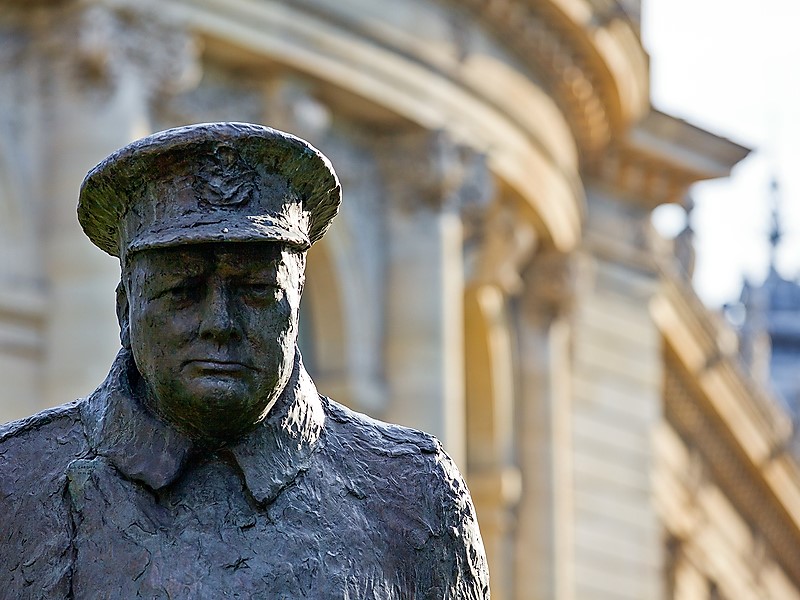
I was fortunate enough earlier this year to visit Churchill’s War Rooms in London.
What was incredible was how much effort was put in to pinnpointing the troops, knowing the enemy’s position and how to best engage them to create a winning result.
This is something that should sound familiar to both franchisors and franchisees – or am I dreaming?
In very cramped conditions, under tonnes of concrete for protection, plans like the D-Day invasion were hatched and put into action. With no technology as we now know it, what did Churchill do that is still relevant in the franchise world today?
1. Mapping and information
Pins and pieces of paper kept track of the army, air force and the shipping around the world.; an extreme form of manual mapping, but it worked.
In today’s world this can – and should – be done using digital mapping and current data. With the 2016 census readily available we can see fine details of any area or suburb, postcode or smaller pocket of land.
If we are making major site decisions, surely this information should be taken into account?
Data should be used to understand any area for Local Area Marketing, and even for a very simple version of territory planning it will be useful to know basic populations.
2. Use up to date information
Churchill’s War Rooms were being fed data as close to real time as was possible, through a variety of sources from spies to the coast watch and commanders in the field. This was a real life and death situation, so the freshness of the data was critical.
In our world, it often amazes me how many decisions are made based on old data.
We still know companies using Census 2011 because they do not want to pay to upgrade it to Census 2016.
If you are trying to make data based decisions (and tell your franchisees that is what you do), you need relatively fresh information. The cost of a bad decision, made due to old data will be huge compared to the costs of keeping this information up-to-date in whatever systems you use.
3. Security of knowledge
Security was paramount in those days. While far different from today, with world-wide digital networks, Churchill’s wartime England was seen as paranoid.
Naturally we do not want to telegraph our business intentions, so we should have confidentiality in many of the things we do.
The first computer is attributed to Alan Turing and Bletchley Park where the Enigma code was cracked,, helping to shorten WW2 by about two years. Today’s biggest issue is more about hacking and losing information, or having systems compromised with viruses or worms.
Keeping on top of technology is always a challenge, but it is far cheaper today than even 10 or 20 years ago, and the software and hardware available today means that you should have information based decisions, not your wet finger in the air.
4. Leadership and longevity
Churchill was 65 when he first became Prime Minister in 1940, and he was an inspirational leader for wartime Britain. But he went on to serve as PM in two separate governments until he was 80.
I think there is value in experience over youth in some forms of leadership where experience leads to confident and quick decision making, which is then reflected through the organisation.
Experience often tells us what has worked in the past, and gives confidence in the future, and possibly limits some over-confidence coming into play.
I am always astounded at companies shoving their very effective, experienced staff out the door the day they turn 60, only to suffer what is often a very expensive corporate amnesia problem, where simple processes can often be discarded or simply overlooked.
Challenges remain
It was a world away and a time apart but there are many things that were done in wartime Britain that are the forerunners of the things we do today. Hopefully we can still learn from them.

